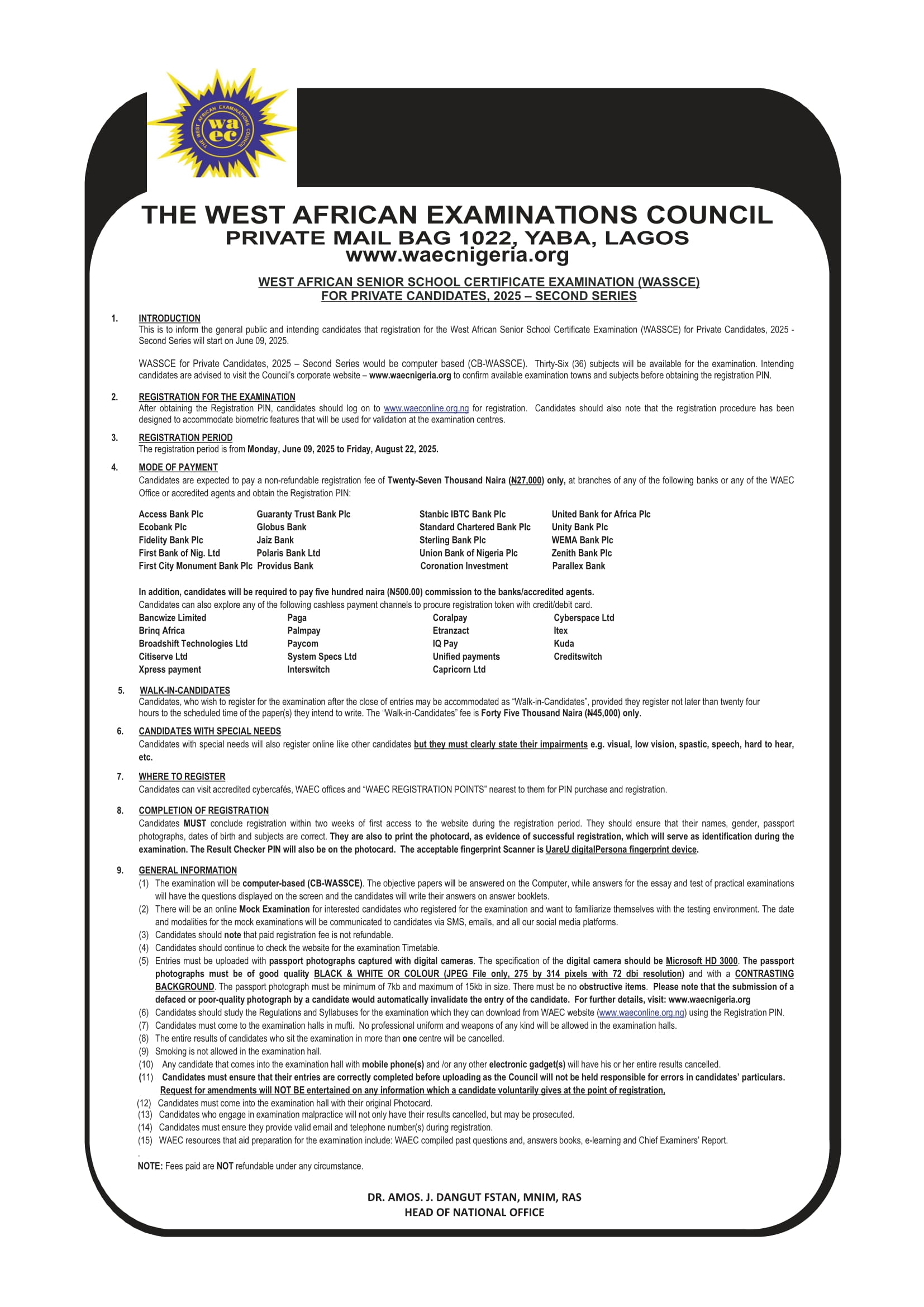
NPHCDA
NPHCDA to train 120,000 frontline health workers for improved healthcare

The National Primary Health Care Development Agency (NPHCDA) is taking significant steps to enhance healthcare service delivery in Nigeria by training 120,000 frontline health workers in integrated service delivery throughout the year.
”The initiative aims to bolster the capacity of frontline health workers in publicly-owned primary healthcare facilities, ultimately improving health outcomes across the country,” Ahmed Chiroma, the National facilitator of the program, disclosed this during a five-day training of trainers workshop in Zamfara state.
The workshop, organized by the Zamfara State Primary Health Care Development Agency in collaboration with the NPHCDA, focused on clinical competencies to enhance health outcomes.
Chiroma emphasized the importance of strengthening the skills and competencies of frontline health workers to address the significant contribution of inadequate skills to poor health outcomes in Nigeria.
He highlighted the adoption of strategies by the NPHCDA to ensure equitable access to quality primary healthcare services, including the goal of upskilling 120,000 frontline health workers in integrated service delivery in 2024.
”The refresher training program will concentrate on critical service areas aimed at accelerating improvement in health outcomes and enhancing quality service delivery in primary healthcare facilities,” Chiroma stated.
Despite launching Primary Health Care in Nigeria 38 years ago, Chiroma noted that desired goals still need to be achieved, underscoring the need for concerted efforts to address existing gaps.
Almustafa Aliyu, the Zamfara state Director of disease control and immunization, outlined the priority areas of the training, including HIV/AIDS, Tuberculosis, leprosy, and other diseases.
”Participants in the refresher course encompassed various medical professionals and health institutions in the state.
”In line with the government’s commitment to addressing healthcare challenges, recent initiatives such as training medical professionals on the proper application and handling of oxygen as a drug have been undertaken.
”These efforts, in partnership with global health organizations, aim to bridge gaps in healthcare delivery and enhance the response to health crises like the COVID-19 pandemic,” Aliyu stated.
About The Author

